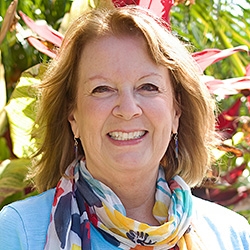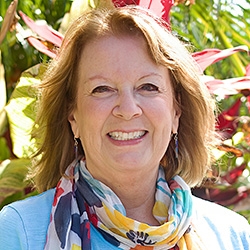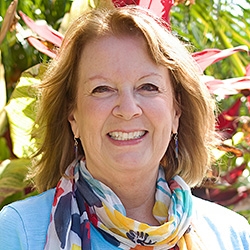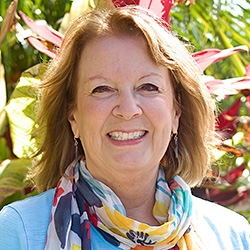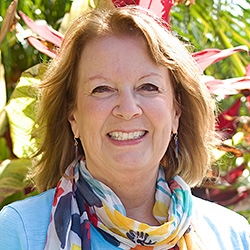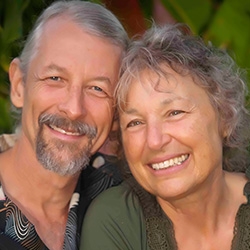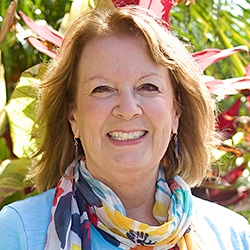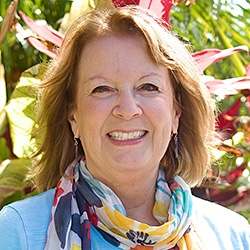

Search Results: resolutions
-
Trainer Tip: Strive for win-win resolutions where no one loses. Try this rather than deciding things by the majority or compromise, where one or more parties feel dissatisfied with the resolution because it involves an element of giving in. An alternative is shifting; both people connect to the needs they are trying to meet, and in doing so, one person makes an honest shift to contribute to the other person’s needs and life.
-
-
Trainer Tip: When there is conflict, the chances are good that people are arguing over a particular strategy. When we focus on our needs, the opportunities for peaceful resolution that values everyone’s needs are much greater. This can also build trust. Be aware of opportunities to shift focus from strategies to needs. Read on for an example of how this can work.
-
-
Connecting with self and other is key to care and creativity. Before dialogue connect with your intention and needs for being with grief, fear or pain, and empathy. Dialogue when you're both rested, fed, and have spaciousness. Start by expressing care and desire to find mutually satisfying solutions. To deepen connection you may repeat what you hear and ask the other person to do the same.
-
Kristin Masters explores how to approach goal-setting and self-reflection with compassion and mindfulness grounded in NVC principles. She encourages you to examine how conscious choice plays a role in how we treat ourselves and others.
-
Here's a four step exercise applying a needs-based approach to effective goals, habits and New Year's Resolutions.
-
Trainer Tip: When there's conflict if you set the intention to connect and build trust first, you're more likely to move towards resolution. This can be built through offering reflections that captures essence of what's important to each party. Once connection and trust is established, then begin the process of creating strategies and solutions.
-
Trainer Tip: To defuse anger and create space for resolution, hear the other person’s feelings and needs. If this practice is new to you, you're like to experience fear and resistance in trying it out. However, you'll be more likely to experience a powerful shift, and build your capacity, if you try it anyways.
-
Facilitated dialogue helps conflicting parties build understanding and explore solutions.
-
Yoram Mosenzon shares that the role of a mediator is often misconceived as solving conflicts, which can create stress and exacerbate the conflict. Instead, the true essence of mediation is about remaining untriggered, understanding the pain of the conflicting parties, and facilitating communication.
-
Trainer Tip: Ready to start a fight because you're right? Consider another strategy.
-
-
-
Reimagine how you handle conflict—Miki helps fine-tune your skills for empowered negotiation.
-
Explore how NVC supports mediation and conflict resolution in this engaging course recording.
-
Trainer Tip: People struggle to come to agreement when they don’t feel heard. So as a mediator, facilitate the process by asking all parties to reflect the essence of what's important to other parties. This is critical. Once everyone is confident that their needs have been heard, you'll notice the energy in the room relaxing. Then you can brainstorm strategies that will value everyone’s needs, and are focused on what they want to happen.
-
Trainer Tip: When they say "no", acknowledge what people are saying "yes" to. From there, you persist towards a resolution that values both party's needs, without demand. Persisting is when we try to meet needs by continuing to connect with another. Demanding is when we insist someone do something, or else face negative repercussions. Showing care and willingness to work with people can help them to want to collaborate and resolve conflict.
-
Create and sustain a collaborative culture by learning which systems shape organizations.
-
Here are five practical ideas for creating simple agreements with a group when conflict arises.

Quick Links
Subscription Preferences
Stay In Touch!
Looking for ways to keep up with NVC Academy news, get special offers, free resources, or words of inspiration? Here are five ways to stay engaged:

